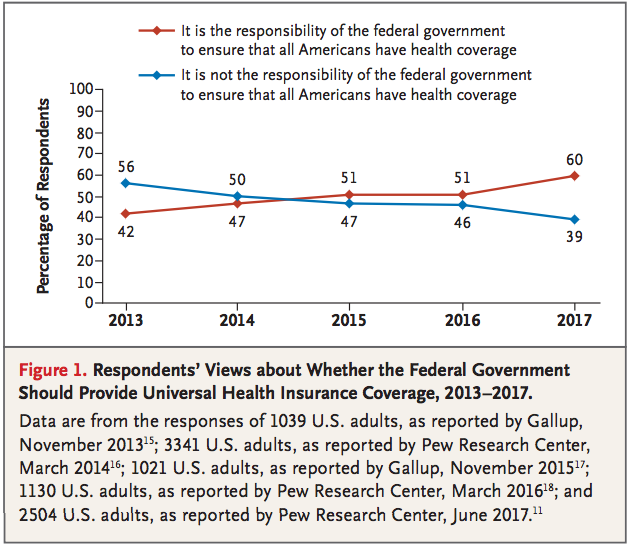The Chinese government published its first white paper on traditional Chinese medicine (TCM) on Tuesday, detailing policies and measures on TCM development and highlighting its unique value in the new era.
"TCM has created unique views on life, on fitness, on diseases and on the prevention and treatment of diseases during its long history of absorption and innovation," said the white paper, Traditional Chinese Medicine in China, published by the State Council Information Office.
As ideas on fitness and medical models change and evolve, traditional Chinese medicine has come to underline a more and more profound value, according to the document.
Boasting the establishment of a TCM medical care system covering both urban and rural areas in China, the white paper said there were 3,966 TCM hospitals, 42,528 TCM clinics and 452,000 practitioners and assistant practitioners of TCM across the country by 2015....
Western allopathic medicine is particularly suited to acute conditions, whereas traditional health care approach like TCM are suited to chronic conditions.
However, traditional health approaches emphasize perfection, prevention and treatment in that order.
The objective is maintaining excellent health and preventing ill health from arising. Treatment is the last resort.
According to traditional wellness approaches, the four pillars of health are diet, exercise, rest and life style. Intervention is only needed in the case of accident or imbalance if one adheres to a healthy regime.
In the West this approach is called holistic health.
China.org.cn
China issues first white paper on traditional Chinese medicine
Xinhua
